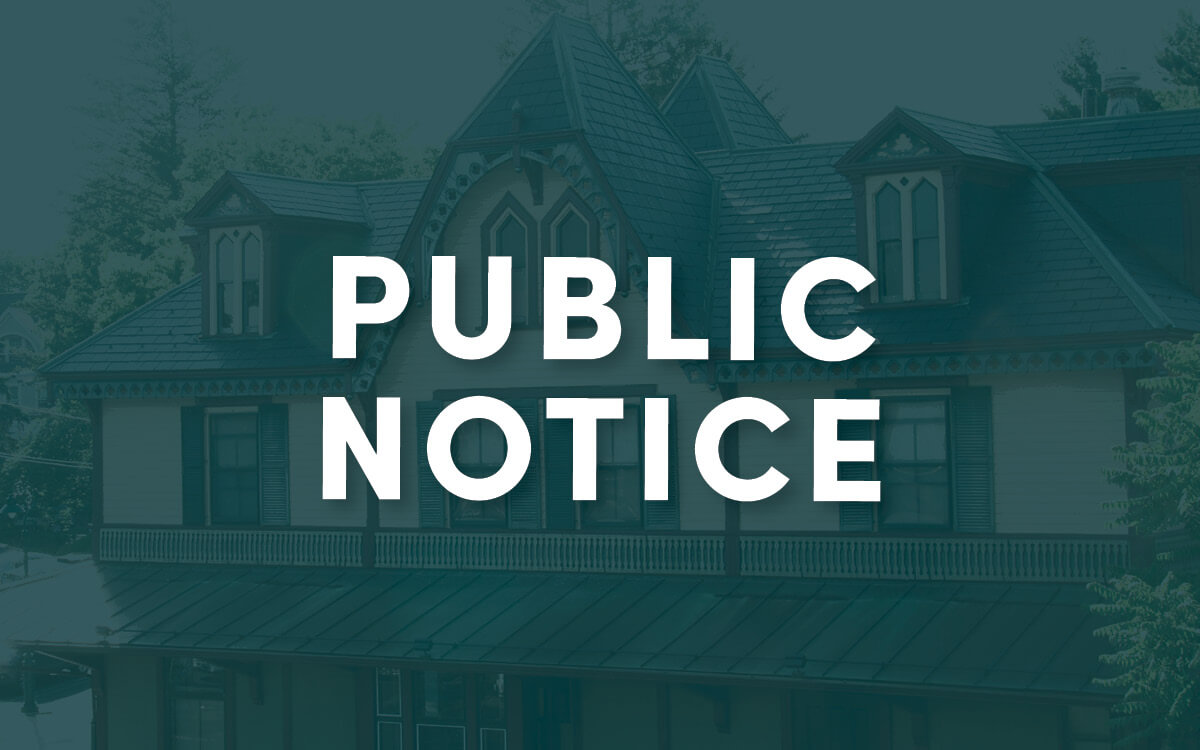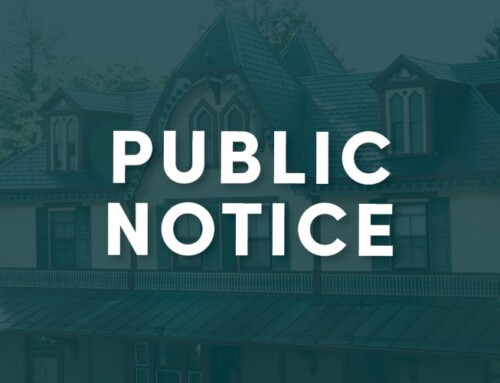Dear Fanwoodians,
This week, I heard many voices of frustration and anger over the sewer utility bills that arrived in our mailboxes. I can assure you, the criticisms, concerns and, in some cases, pure shock over these bills hit home. My own bill increased from $143 to $600.
As explained in the detailed letter that arrived with your bill, the sewer utility was created for the express purpose of supporting our aging sewer system and paying our share of the cost of moving sewage underground to the treatment plant in Middlesex County. The latter is administered by the Plainfield Area Regional Sewerage Authority (PARSA), and our portion of this cost is one of our top three operating expenses.
In an effort to come up with a fair system for determining how much each residential and business user should pay, we link water usage to sewer usage since water from faucets, hoses, toilets, and washing machines ends up in the sewer system, for which we are charged. We tried to create a payment schedule that allows homeowners who use less water to pay less and vice versa. The number of gallons used to generate this year’s bill was based on the last six months (July- December) of 2020 usage, then doubled to come up with an average yearly amount. For more than 60% of our residents, this resulted in bills of $75 or $150.Usage statistics are provided by NJ American Water.
I am hoping to use this opportunity to answer the most common questions and complaints we have received:
1. Did Fanwood create the sewer utility to sidestep the 2% cap on local taxes?
ANSWER: No. We moved these expenses out of the general operating budget and into the sewer utility over the past few years to allow for a dedicated sewerage funding source and better transparency for our sewer system’s maintenance. All the money raised is used specifically for the sewer utility costs only. This sewer fee is an essential part of keeping our town’s sewer system well maintained and is common in other communities.
2. Why did the town ONLY use the last six months of water bills instead of the whole year to determine usage?
ANSWER: 2020 was a very unusual year with tremendous upheaval due to the pandemic. As a consequence, when we began to calculate, we only had access to the last two quarters of water bills for the year. Therefore, we had to use that information and double it to get to 12 months.
3. Are people with sprinklers and pools being penalized since billing included summer months?
ANSWER: The simple answer is no. As stated previously, this is the only time period we had access to for 2020. May and June are also HIGH irrigation months and those months were not part of the calculation as they are in the first six months of the year. Those who use more water will have a higher sewer bill.
4. Is there an appeals process if I believe my bill is inaccurate?
ANSWER: Yes. We have heard from many residents whose bill has increased significantly, and some have expressed concern that it is not an accurate reflection of their 12-month water use. We have approved an appeals process for residents whose bills fall into Tier 3 (Tier 3 adds $30 for every 10,000 gallons of usage above 70,000). The borough will only consider appeals for the excess use charges for those whose bills fell into Tier 3.There is no appeal option for those whose bills fell into Tier 1 or 2 ($75 or $150).
5. What is the appeals process and timeline?
ANSWER: If you would like to appeal your bill, you can send an email to: sewerbillinfo@fanwoodnj.org. Please send all inquiries to this email address and they will be responded to as quickly as possible. In order to appeal your EXCESS charges, you must provide a detailed statement from NJ American Water showing your actual usage for 12 months (2020).
The deadline for appeals is August 30, 2021.
6. What do I do if I think my water bill is wrong?
ANSWER: Please contact NJ American Water directly if you suspect your water bill is inaccurate. Their email address is customerserviceinquiries@amwater.com
I understand the anger over this as we are all residents and taxpayers in this community. No one in New Jersey likes paying one cent more for municipal services than necessary. Borough Council and I work tirelessly all year to keep our municipal portion of your property taxes as low as possible and we will continue to look for ways to mitigate costs to our residents in any way we can.
We appreciate your patience.


